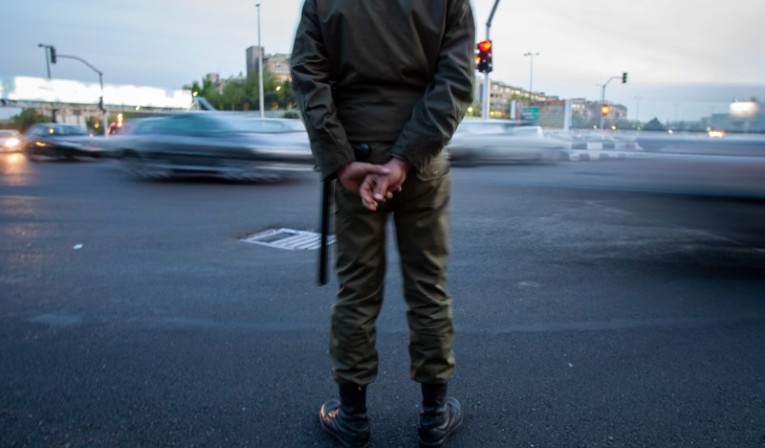
Don’t be fooled that this is meaningful reform. It’s about regime self-preservation.
In the typical fashion of senior Iranian officials, Montazeri was vague and did not make clear whether the supreme leader, Ayatollah Ali Khamenei, has approved the decision. Nor did he disclose what will happen to women who appear in public without the mandatory hijab, or headscarf. Iran’s state television channel has since denied the announcement. Still, the protesters are buoyed by the news, though they remain unappeased—buoyed because this is a small victory, but unappeased because disbanding the Guidance Patrol, if that proves to be the case, is only the beginning for them. In an interview with the BBC, one unnamed protester said, “A revolution is what we have. Hijab was the start of it, and we don’t want … anything less but death for the dictator and a regime change.”
The regime knows this. The many elders of the Islamic Republic learned long ago—from the fate of the preceding regime, in fact—that to concede to protesters is to reveal vulnerability. In January 1979, Iran’s last king, Shah Mohammad Reza Pahlavi, tried to quell the dissent he faced by appointing as prime minister Shapur Bakhtiar, a reformist whom some close allies of Ayatollah Ruhollah Khomeini, the de facto leader of the movement to depose the shah, regarded highly. But Khomeini immediately rejected the move, calling the new prime minister and his government illegitimate and vowing that the movement would go on until the monarchy had been dismantled.
